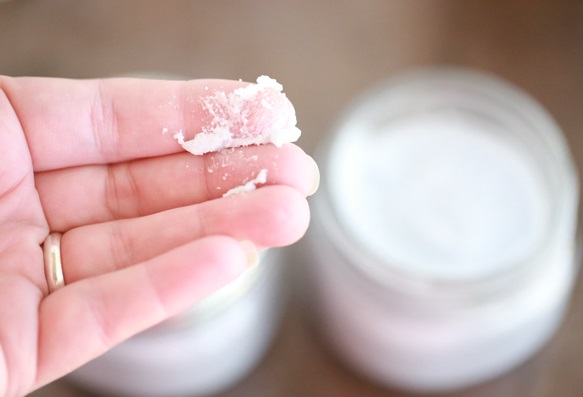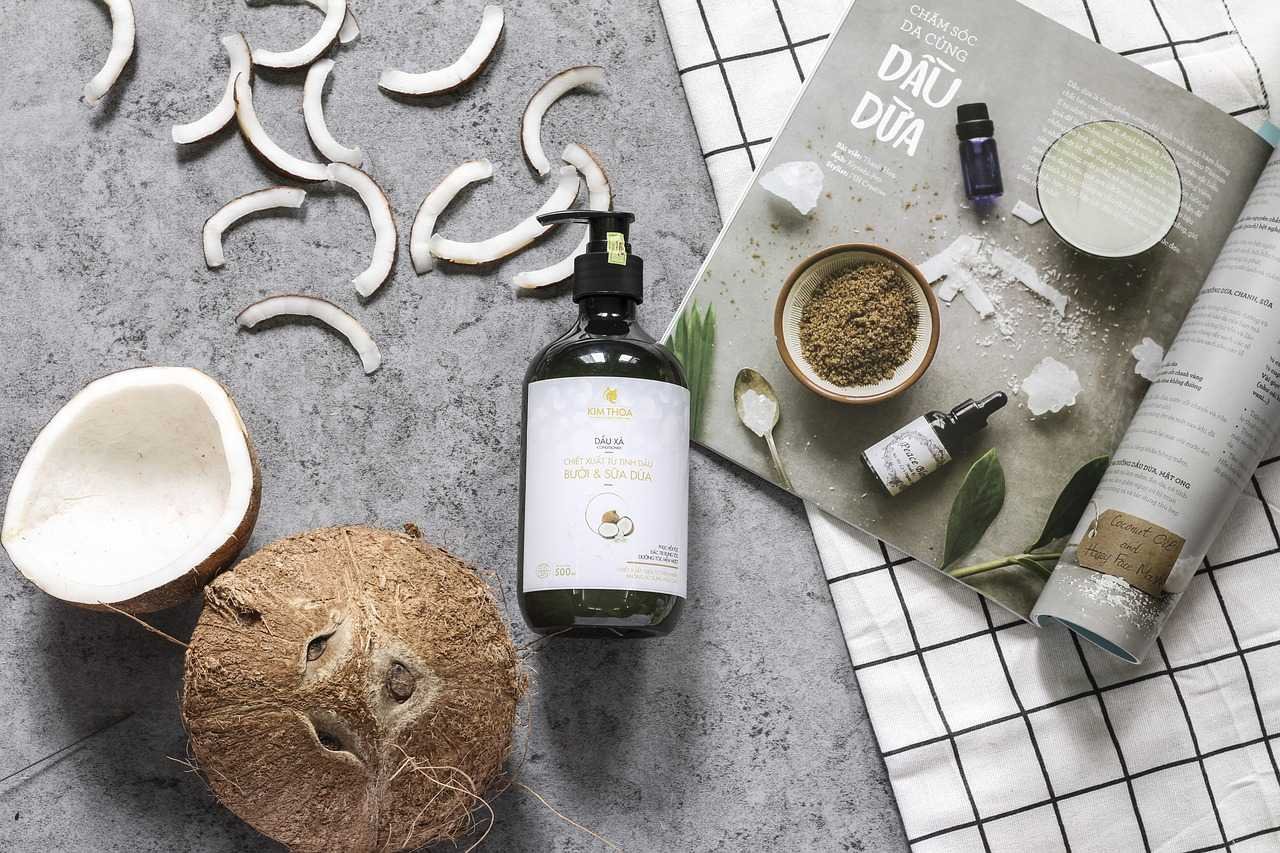Home Remedies for Ankle Swelling
Ankle swelling can occur due to a variety of reasons, including injury, poor circulation, or sitting/standing for extended periods. While persistent or severe swelling should be evaluated by a healthcare professional, there are several home remedies that can help reduce ankle swelling and promote healing. Here are some effective and natural ways to alleviate ankle … Read more










